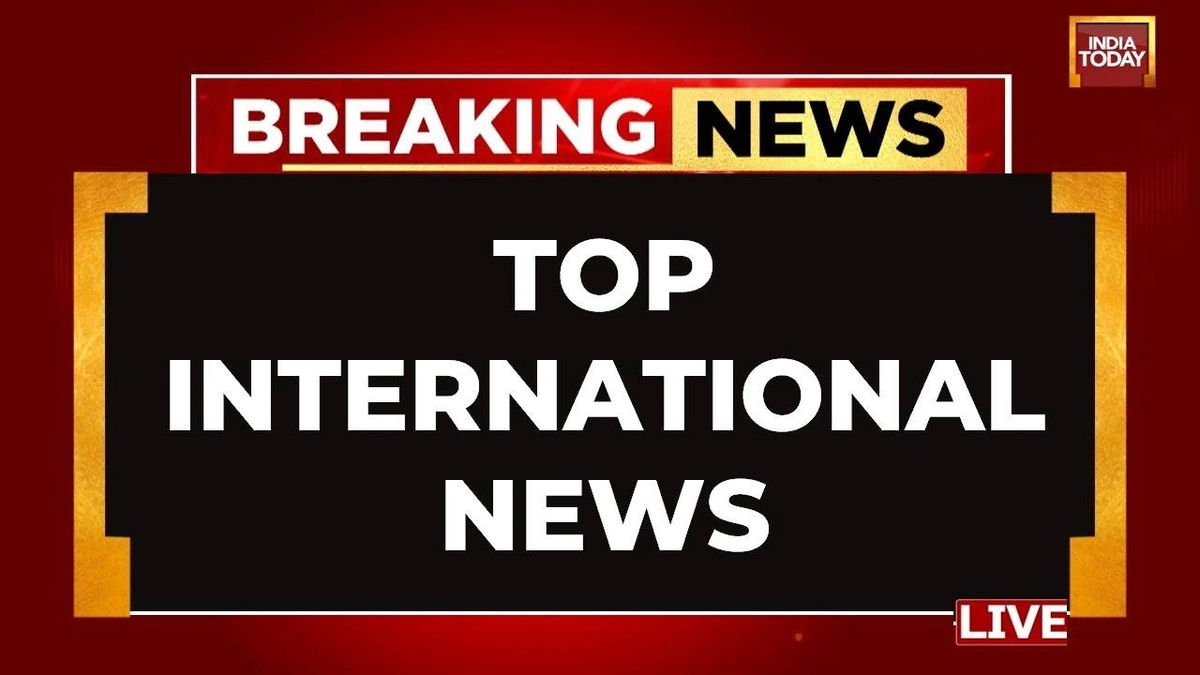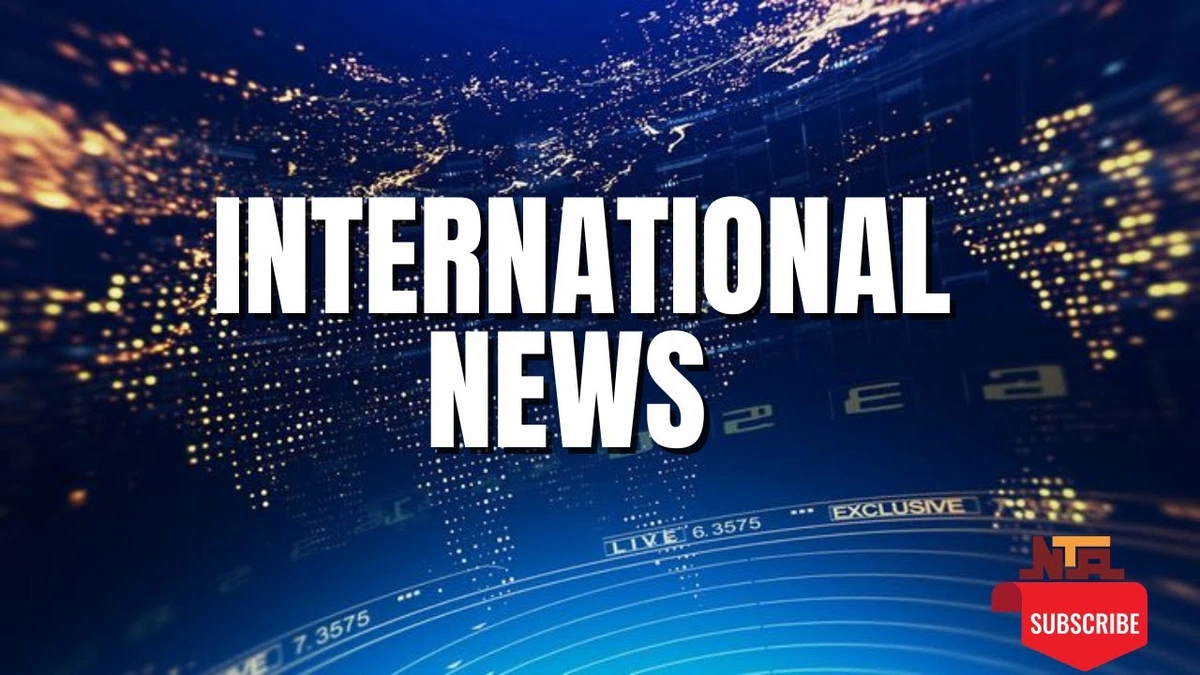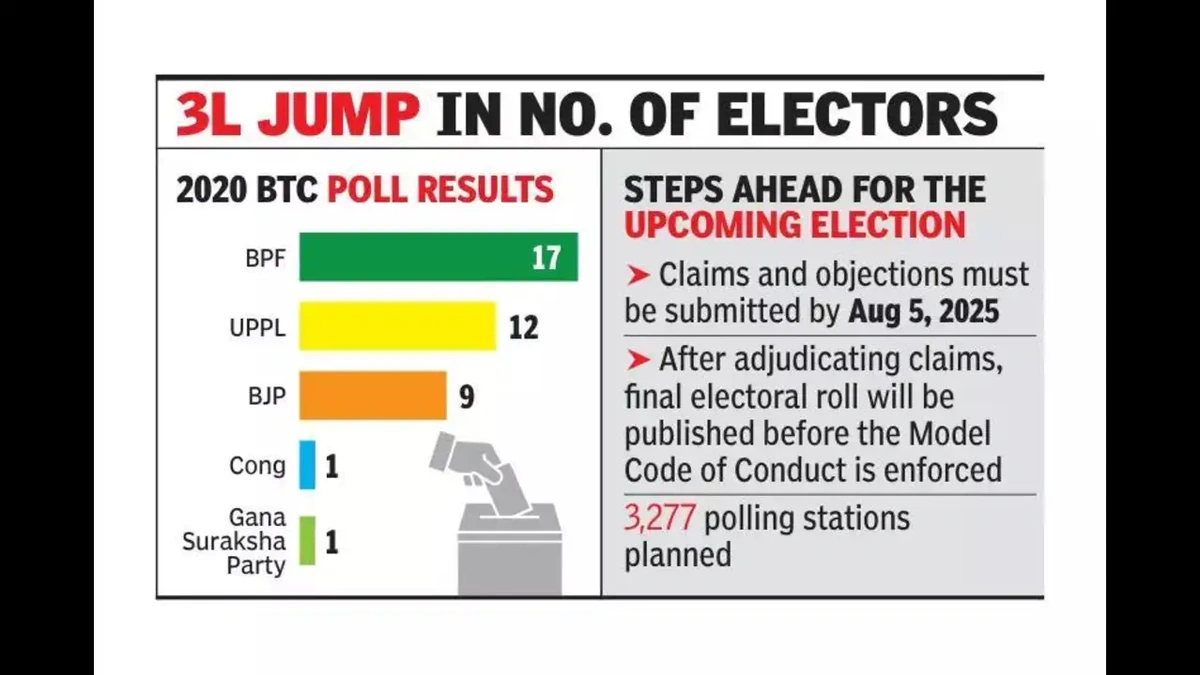International News Isn’t Just ‘Out There’—It’s in Your Wallet, Your Phone, and Your Future. Here’s Why.
Let’s be honest. You scroll through the headlines: a conflict flares up in Eastern Europe, the US Federal Reserve hints at changing interest rates, there’s some new tech rivalry brewing between America and China. For a split second, you might think, “Interesting,” and then you move on. Because what does any of that have to do with your daily commute in Delhi, your grocery bill in Chennai, or your job prospects in Bengaluru?
Everything. Absolutely everything.
See, we often treat international news as a kind of spectator sport. It’s distant, dramatic, and happens to ‘other people’. But here’s the thing I’ve realized after years of analyzing these trends: the global stage isn’t a stage at all. It’s a massively interconnected web, and we’re all standing on it. A single thread pulled in Washington or Shanghai sends vibrations that reach you, right here in India. This isn’t about being dramatic; it’s about understanding the invisible forces shaping your life. So, grab a coffee, and let’s unravel a few of these threads together. You’ll be surprised by how directly they connect to your world.
The Price of Your Petrol | Why a Conflict Thousands of Miles Away Hits Your Wallet

Remember that feeling of disbelief when you see the petrol prices inching up… again? It’s easy to blame local taxes or government policies, and they certainly play a role. But a huge part of that story is written thousands of kilometers away, in the conflict zones and political boardrooms of the world. What fascinates me is how direct this connection is.
Take any major conflict in the Middle East or, more recently, the war in Ukraine. These regions are giant taps for the world’s oil and gas supply. When a conflict breaks out, two things happen. First, the physical supply can be disrupted. Pipelines can be damaged, and shipping routes can become unsafe. Second, and more importantly, the fear of disruption floods the global market. Traders get nervous, insurance premiums for oil tankers skyrocket, and nations start hoarding supply. This is classic supply and demand, but on a global, panic-driven scale.
And India? We import over 85% of our crude oil. We are massively exposed to these global price shocks. So, when tensions rise between nations you might struggle to find on a map, the price of crude oil jumps on the international market. Within weeks, that increased cost trickles down, past the refineries, past the oil marketing companies, and straight to the fuel pump you use every day. Suddenly, your morning commute costs more. The cost of transporting vegetables to your local market goes up, so your grocery bill inflates. It’s a direct, undeniable line from a geopolitical headline to the cash in your pocket. Understanding this aspect of international news is the first step to understanding your own household budget.
Your Next Smartphone | The Global Tech ‘Cold War’ You’re Already Part Of

Let’s switch gears from your vehicle to the device probably in your hand right now. The tech world is in the middle of a quiet, yet fiercely competitive, struggle primarily between the United States and China. It’s not a war with soldiers, but with microchips, patents, and trade restrictions. And you, the Indian consumer, are right in the middle of it.
Here’s how it works. The U.S. might impose restrictions on selling advanced semiconductor technology to Chinese companies. You might think, “Okay, that’s their business.” But then you realize that the world’s electronic supply chain is a tangled masterpiece of interdependence. A chip might be designed in the US, manufactured in Taiwan using Dutch machinery, and then assembled into a phone in China or Vietnam before being sold in India. A restriction at any one point in that chain creates a bottleneck.
What does this mean for you?
- Price Hikes: When companies have to re-route their supply chains or find new, more expensive suppliers, that cost is passed on to you. The price of your next phone or laptop could be higher because of a policy decision made in Washington D.C.
- Limited Choices: Remember the turmoil around Huawei a few years ago? Suddenly, a major global brand was effectively cut off from Google’s Android services. This is a perfect example of how geopolitical maneuvering can directly limit the choices available to you in a showroom in India.
- The Rise of ‘Make in India’: On the flip side, this global tech tussle is a huge reason why companies like Apple and Samsung are aggressively ramping up manufacturing in India. They want to de-risk their supply chains from being too dependent on one country. This is a direct consequence of global impact on India , creating jobs and boosting our domestic economy.
So, the next time you read about a new tech sanction, don’t dismiss it. It’s a preview of what the electronics market in India might look like in 6 to 12 months.
That IT Job Offer? It’s More Connected to the US Economy Than You Think

India’s IT and service industry is one of our greatest success stories. It employs millions and is a cornerstone of our modern economy. But its health is profoundly linked to the economic decisions made by one institution: the U.S. Federal Reserve (the Fed), America’s central bank.
When the U.S. economy is worried about inflation, the Fed raises interest rates. I know, I know this sounds incredibly boring. But stay with me. Higher interest rates make it more expensive for American companies to borrow money. This means they cut back on spending. They delay new projects, they shrink budgets, and they look for ways to save money. And where do many of them spend a lot of their tech and operations budget? On outsourcing to Indian IT giants like TCS, Infosys, and Wipro.
So, a decision made in a boardroom in Washington to raise rates by a quarter of a percent can lead to a slowdown in new projects being greenlit for a team in Hyderabad or Pune. This is what experts mean when they talk about the ” US fed rate impact on India “. It can affect hiring freezes, the size of annual bonuses, and even job security for a massive slice of the Indian workforce. It’s not a coincidence that when you hear news of a potential U.S. recession, the stocks of Indian IT companies often take a hit. The market knows this connection is real and immediate. It’s a powerful reminder that in our globalized world, someone else’s economic policy is, in part, our economic reality. This is a core part of modern geopolitics explained .
Even Indian political figures are increasingly discussing global economic trends, showing how mainstream this awareness has become.
Frequently Asked Questions (FAQ)
So, is all international news bad for my finances?
Not at all! Just as a global slowdown can hurt us, a global boom can be a huge benefit. Strong economic growth in the U.S. and Europe means more business for Indian companies, more jobs, and a stronger economy here. The key is to understand the connection, not just to fear it.
How can I stay informed without getting overwhelmed?
You don’t need to read every single headline. Focus on a few reputable sources and try to read the ‘analysis’ or ‘explainer’ pieces, not just the breaking news. These articles, much like this one, focus on the ‘why’ and ‘how,’ which is much more valuable than just knowing the ‘what’.
Does India’s own foreign policy matter in all this?
Immensely. India’s ability to navigate these complex global currents to maintain good relationships with multiple power blocs, sign strategic trade deals, and position itself as a stable partner is crucial. A strong foreign policy, like the one often discussed by leaders such as R.N. Ravi in their public addresses, acts as a shock absorber, helping to cushion the country from the worst of global volatility. India’s foreign policy is our shield and our strategy on the world stage.
Is this interconnectedness a new thing?
Yes and no. Trade has connected the world for centuries. But the speed and depth of the connection today are unprecedented. Money, data, and news now move at the speed of light, meaning a market panic in New York can be felt in Mumbai in seconds, not weeks. The global supply chain is more intricate than ever before.
Ultimately, paying attention to international news is no longer just for policy wonks or aspiring diplomats. In the 21st century, it’s a fundamental life skill. It’s about financial literacy, career planning, and understanding the world you live in. It’s about realizing that you’re not just a passive observer of global events, but an active participant, whether you know it or not. And understanding the rules of the game is the first step to playing it well.













